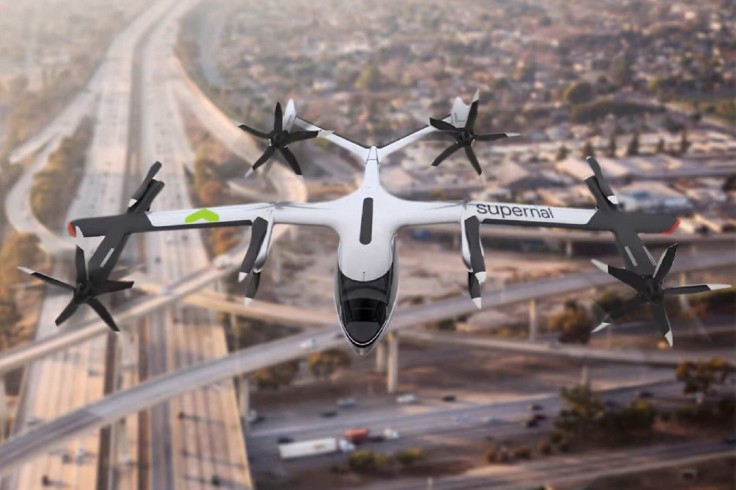Hyundai Motor Group is planning to build a Supernal facility in the US where it will make flying electric taxis for public consumption.

Hyundai to Develop Flying Electric Taxis
Bloomberg reported that the automaker will be showing a prototype of the electrical vertical take-off and landing craft in Las Vegas by January. The eVTOL taxi is capable of flying at 120 miles per hour or 190 kph. However, it has a limited capacity for one pilot and four passengers only. Hyundai is reportedly targeting to conduct a test flight in December 2024 and start its commercial service four years later.
Supernal CEO Shin Jaiwon explained that the development will take some time due to the battery technology, infrastructure, and regulations that must be followed. For electric vehicles, the battery will be the toughest technical challenge for the company as it also accounts for up to 40 percent of the eVTOL craft's weight.
Currently, there are no air traffic management systems that are in place to cater to these types of vehicles. "Up until this point, even the foreseeable future, we don't have man-made objects flying routinely below 500 meters," Shin stated. The concept is so brand new that the US Federal Aviation Administration does not have an established certification method for it.
Hyundai and Partners Invested Almost $1 Billion to the eVTOL
It has been two years since the Supernal was founded and it is estimated that Hyundai, Kia, and Hyundai Mobis Co. have invested around $920 million into the company. It seems that the funding is enough to push through the project as Shin shared that Supernal has no plans for an IPO.
The idea of eVTOL taxis is expensive and it is expected that wealthy people living in very progressive cities will be the first ones to try it. However, Shin remained positive that it has the potential to grow rapidly once people get accustomed to the new transportation service.
"All of a sudden, the world market will demand hundreds of thousands of these vehicles, then you have to be able to produce," Shin stated. While urbanization is moving at a fast pace, regulators must also work fast in order to build the needed guidelines to protect consumers.
Related Article : Hyundai, LG Energy To Build $4.3B US EV Battery Plant









